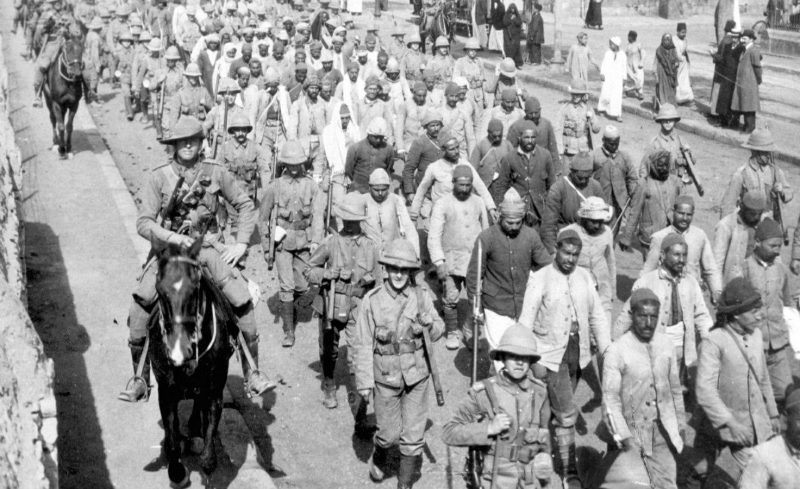With the name of genocide Actions that involve the systematic extermination of a social group are known, which occurs motivated by a question of race, politics, religion or any group they belong to. For instance: Ukraine genocide, Rwandan genocide, Nazi Holocaust.
Genocides are international crimes that were classified as crimes against humanity, and once the most important genocide of the twentieth century (the Nazi holocaust) ended, it was regulated by the Convention on the Prevention and Punishment of the Crime of Genocide, in 1948.
Formal definition and legal scope
Among the contributions of this Convention was the formal demarcation the scope of the concept of genocide: the killing of the members of the group in question reaches the term but also the serious injury to their physical or mental integrity, as well as the submission to laws or regulations that aim at their total or partial physical destruction.
The moment a crime is categorized as genocide, its responsible They can be tried in their competent territory but also in courts of any State, or according to the International Criminal Court. As it is a crime against humanity, it is agreed in the law that it is a crime that does not prescribe.
Genocidal states
Throughout history, and especially in the twentieth century (the so-called ‘century of genocides’ due to the large number that existed) it was common for these practices to be carried out by the States themselves.
It became frequent that the own political management of a country has the intention of exterminating a part of its population, which explains one of the keys to genocides: due to the level of damage it poses, it must have a structure behind that will be, the minimum guaranteed and how much maximum sustained and sustained by the State itself.
Hence the importance that genocides may have the intervention of judicial forces outside the State itself, since they may also be at the service of the genocidal.
A series of genocides in the history of mankind will be listed below, according to the formal definition of the term.
Examples of genocides

- Armenian Genocide. Forced deportation and extermination of around 2 million people, by the Turkish government in the Ottoman Empire between 1915 and 1923.
- Genocide of Ukraine. Famine caused by the Stalinist regime that occurred on Ukrainian territory between 1932 and 1933.
- Nazi holocaust. Measure known as ‘final solution’, an attempt to totally annihilate the Jewish population of Europe that claimed 6 million lives, between 1933 and 1945.
- Rwanda Genocide. Massacre committed by the ethnic group of the Hutus against the Tutsis, executing about 1 million people.
- Cambodia Genocide. Execution of around 2 million people between 1975 and 1979 by the communist regime.
Characteristics of genocides
Many theorists of the social sciences noticed the generalization of genocides in the last century, and they set out to find the common points that they had. One of them is that everyone has, at some point, the support of an important part of the society in which it occurs, aware that it takes place under a series of steps:
- The first thing that happens is that the State proposes a progressive demarcation of the affected group. The division and fragmentation of society may be fostered.
- The group is identified and symbolized, generating strong hatred and contempt in the factions of society outside of it.
- Humiliating measures are being taken for this group, despite the fact that they do not involve physical violence. Symbolization turns the sector in question into an enemy.
- State militias become supporters of the slogan, or paramilitary groups are created.
- The next step is preparation for action, in which an organization usually takes place in the form of lists or even with transport, in the so-called ‘ghettos’ or ‘concentration camps’.
- The extermination occurs then, justifiably in the face of an important part of the same society.
It is important to note that there are a large series of events, most of them called ‘massacres’ or political actions that left a huge death toll, but that do not formally obey the definition of genocide: most of these are more typical of military action or war, an issue that is not related to genocide because it is a battle and not the pursuit of a group elimination.
